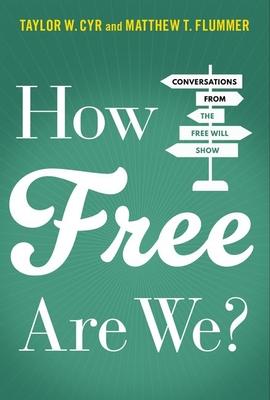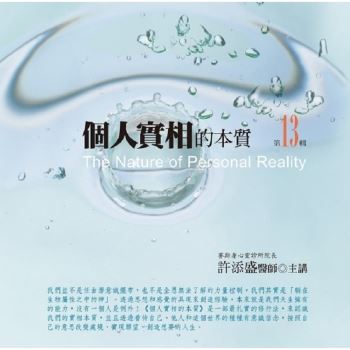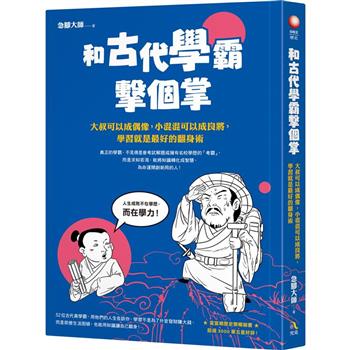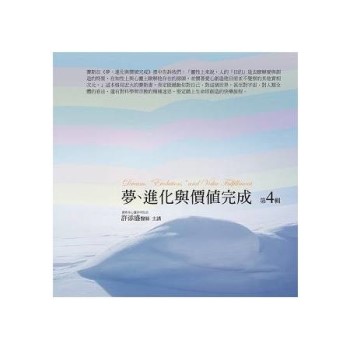Free will comes up in everyday conversations all the time. "She did that of her own free will." "He could have done something else instead." "It’s my choice." "That’s up to you." How we think about free will-and the closely-related concept of moral responsibility-is essential to how we think about our lives. We frequently praise and blame each other, and ourselves, for the choices we make, believing that this is appropriate because the person we’re holding responsible possesses free will. But what does it mean to have free will? Do any of us have it at all? If so, then how much? These and related questions are at the heart of debates about free will in philosophy.
How Free Are We? contains a collection of edited interviews from The Free Will Show, a podcast by the philosophers Taylor W. Cyr and Matthew T. Flummer, highlighting recent developments on the topic. In an accessible and conversational format, a variety of scholars introduce the main issues and arguments in the free will debate, including various apparent threats to free will-such as fatalism, foreknowledge, and determinism-as well as the Consequence Argument, and the problem of luck. After building this foundation, later interviews introduce main positions and questions in debates surrounding free will, including several varieties of libertarianism, compatibilism, a version of free will scepticism, and others that do not fit neatly into any of these categories. With original introductions, bibliographies, and suggestions for further reading to accompany each interview, in addition to an afterward and a glossary of terms, How Free Are We? serves as a primer for those seeking an introduction to the topic and a window into what leading philosophers are currently thinking about and debating in this field.| FindBook |
|
有 1 項符合
flummer的圖書 |
 |
$ 2100 | How Free Are We
作者:Flummer 出版社:Oxford University Press, USA 出版日期:2024-05-07 語言:英文 規格:精裝 / 普通級/ 初版  看圖書介紹 看圖書介紹
|
|
|
圖書介紹 - 資料來源:博客來 評分:
圖書名稱:How Free Are We
內容簡介
作者簡介
Taylor W. Cyr is Assistant Professor of Philosophy at Samford University. Prior to this, he was a lecturer in the philosophy department at Washington University in St. Louis. He has written several articles on issues at the intersection of ethics and metaphysics, focusing on free will and moral responsibility.
Matthew T. Flummer is Professor of Philosophy at Porterville College. His research, which primarily focuses on free will, moral responsibility, and the philosophy of religion, has appeared in various academic journals.
|






![塔木德:猶太人的致富聖經[修訂版]:1000多年來帶領猶太人快速累積財富的神祕經典 塔木德:猶太人的致富聖經[修訂版]:1000多年來帶領猶太人快速累積財富的神祕經典](https://media.taaze.tw/showLargeImage.html?sc=11100697818)



